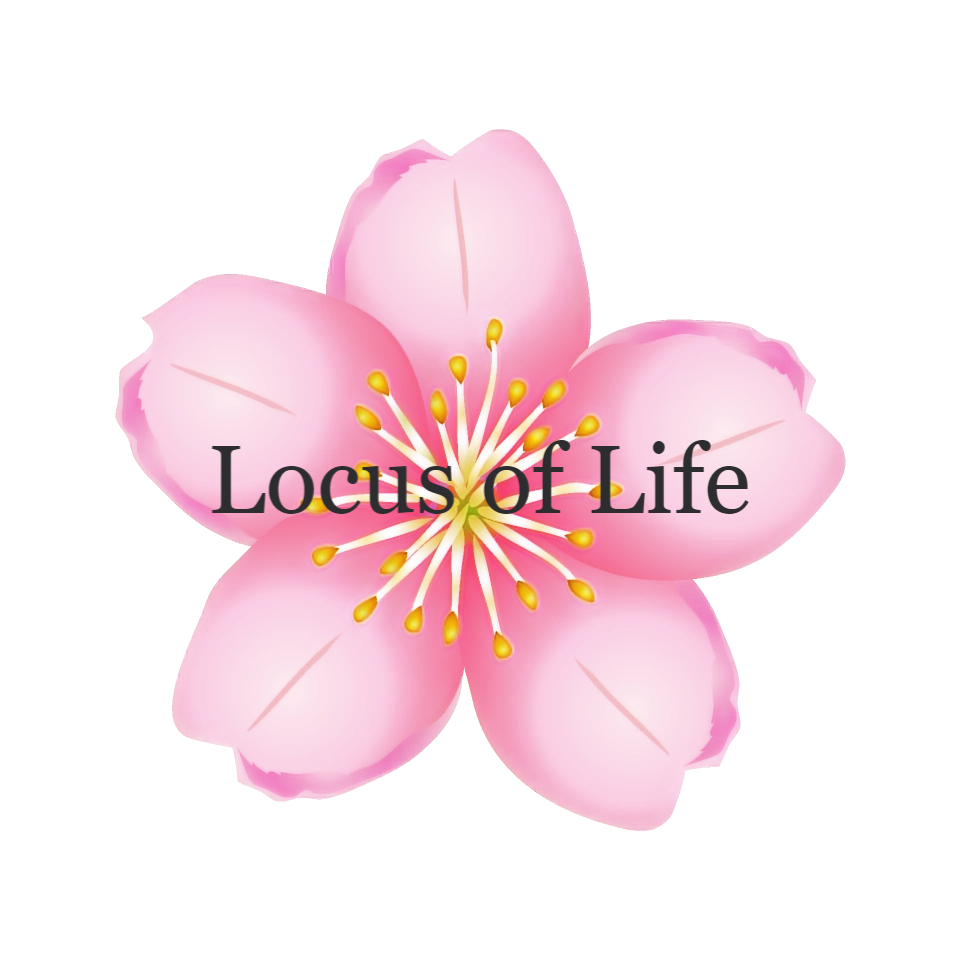"Finding the Real Me Abroad: Lessons in Self-Acceptance Across Cultures"
- Locus of Life

- Feb 28
- 2 min read
Updated: Sep 7
Living abroad brings unique challenges. Language barriers, cultural differences, and changes in daily life often make us question our value and abilities. It is easy to think, “I could do this in Japan” or “I should be better,” and blame ourselves. This is where the concept of self-acceptance becomes essential. Self-acceptance means embracing yourself as you are—acknowledging both your strengths and successes, as well as your weaknesses and failures.
In an unfamiliar environment, it is especially easy to lose sight of yourself. Practising self-acceptance allows you to maintain emotional stability without being overwhelmed by external pressures.
Start by Noticing and Accepting Your Emotions
The first step in self-acceptance is recognising and accepting your emotions. Observe your feelings: sadness, anxiety, frustration, or fear. Rather than dismissing them, acknowledge their presence. Giving your emotions a name can be surprisingly relieving. For instance, saying, “This is anxiety,” or “I am feeling angry right now” helps you observe your emotions objectively and regain calmness.
Understanding your emotions is crucial to deepening self-understanding. By recognising what you feel and what you need, you can better manage stress and adapt effectively to life abroad.
Focus on Your Growth, Not Comparisons
Living overseas can make it tempting to compare yourself to locals or other expatriates who appear to manage effortlessly. However, their backgrounds and experiences are unknown. What truly matters is facing yourself.
Celebrate small successes and progress each day. Recognise and praise even minor achievements, such as “I managed to go out today” or “I learned something new.” Small, daily moments of gratitude—like appreciating good weather or acts of kindness—also strengthen your self-acceptance and emotional stability.
Recognise the Value of Rest and Imperfection
Self-acceptance is not just about valuing a hardworking self. It also means acknowledging the importance of rest, failure, or downtime. Pushing yourself too hard when exhausted can harm your wellbeing and reduce your sense of self-worth.
Mindfulness and self-care encourage taking intentional breaks. Short walks, reading, meditation, or hobbies create moments of relaxation that enhance recovery and self-acceptance. Rest is not laziness—it is an essential part of sustaining mental and physical health.
The Freedom and Fulfilment That Self-Acceptance Brings
By embracing all aspects of yourself, including failures and downtime, you create emotional freedom and resilience. Self-acceptance nurtures self-love and helps you establish your Locus of Life—your guiding axis in life.
For those navigating life abroad or facing cultural challenges, self-acceptance can transform your daily experience. Accepting yourself as you are—without overexertion—is a key step toward a fulfilling and balanced life.
At Locus of Life, I support individuals seeking to strengthen self-acceptance, improve self-esteem, and regain emotional stability in diverse cultural environments. Through emotional awareness and self-understanding, we help you discover your life’s axis and build a more satisfying, balanced daily life.


Comments